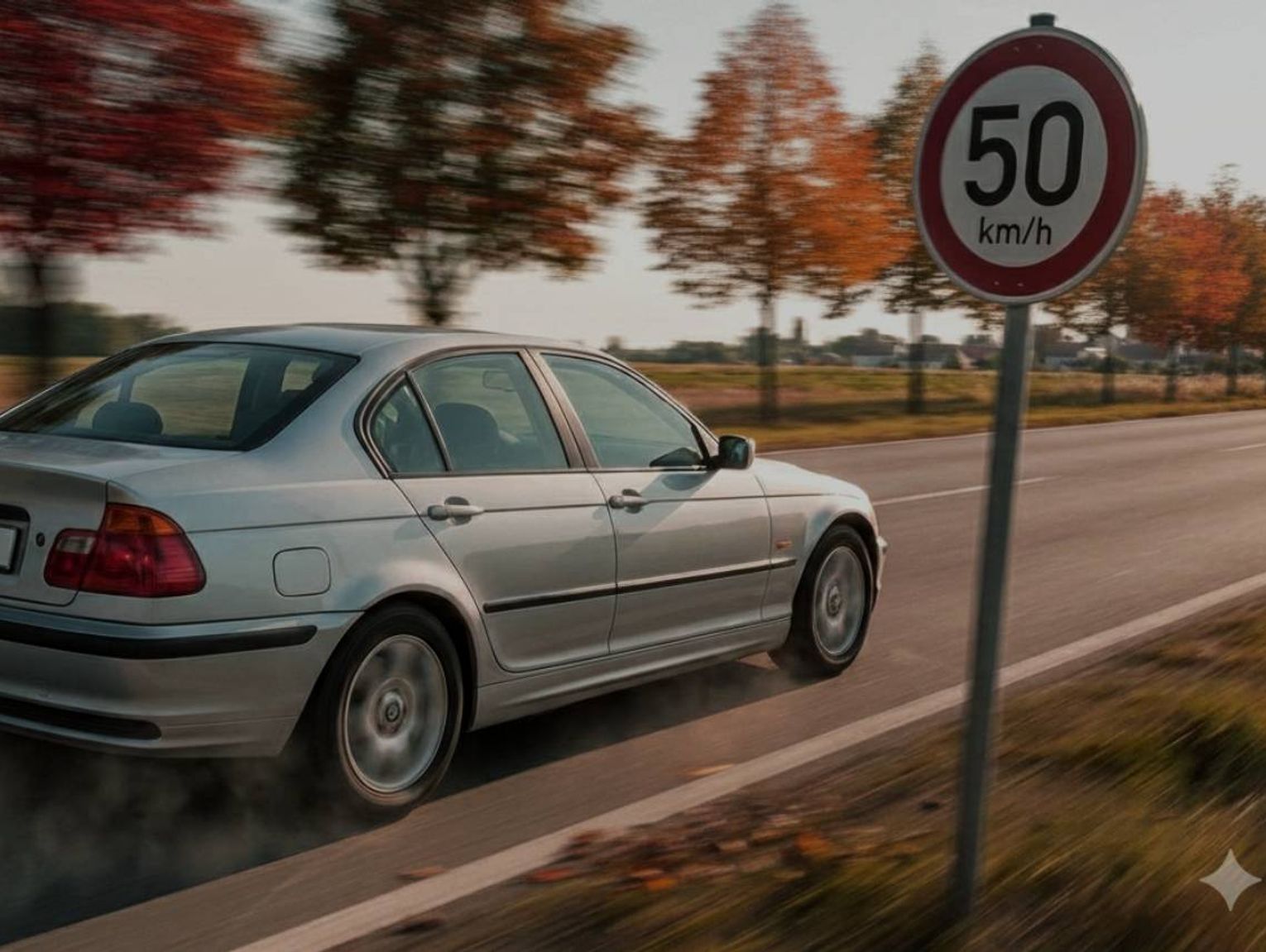
US Embassy Officials Warn Americans Not To Use Dating Apps To Meet People In Mexico
Authored by Jack Phillips via The Epoch Times,
U.S. embassy officials in Mexico this week confirmed reports of American citizens having been kidnapped in Mexico by people they met on dating apps.

Confirming those reports, the U.S. Consulate General Guadalajara said that U.S. citizens were kidnapped in the Puerto Vallarta and Nuevo Nayarit areas in recent months after meeting the individuals on a dating app.
“Victims and their families in the United States have at times been extorted for large sums of money to secure their release,” the Guadalajara consulate said.
“Please be aware that this type of violence is not limited to one geographic area. Travelers should use caution when meeting strangers.”
The officials did not name any specific dating apps but provided advice to people traveling to Mexico, saying that they should only “meet in public places and avoid isolated locations, such as residences or hotel rooms, where crimes are most likely to occur.”
“Tell a friend or family member of your plans, including where you are going, details of the person you are meeting, and the app you used to meet them,” the consulate said.
“Trust your instincts. If something does not feel right, do not hesitate to remove yourself from a situation. In case of emergency, call 911.”
The statement also noted that Americans should be aware of its travel advisory to Jalisco, where Puerto Vallarta is located. The state is classified as “Level 3: Reconsider Travel” due to crime and kidnappings. Nayarit state, where Nuevo Nayarit is located, is classified as “Level 2: Exercise Increased Caution” due to crime, according to the State Department.
The U.S. Embassy breaks down Mexico state-by-state, listing the states U.S. citizens should avoid or exercise caution.
Only two states—Campeche and Yucatan—are listed under the embassy’s “Level 1” designation, which is its lowest. Every other state is rated “Level 2” or greater, with Colima, Guerrero, Michoacan, Sinaloa, Tamaulipas, and Zacatecas states listed as “Level 4: Do Not Travel” due to crime and kidnappings.
According to the State Department, U.S. government workers cannot travel between Mexican cities after dark, cannot hail taxis, and must rely on dispatched vehicles.
“The U.S. government has limited ability to provide emergency services to U.S. citizens in many areas of Mexico, as travel by U.S. government employees to certain areas is prohibited or restricted. In many states, local emergency services are limited outside the state capital or major cities,” the State Department cautions on its website.
Earlier this year, U.S. officials issued “Do Not Travel” warnings to several areas near the U.S.-Mexico border due to gun battles and improvised explosive devices (IEDs) being left near roadsides.
The warning, issued in January, noted that officials are “aware of increasingly frequent gun battles occurring in and around Reynosa in the late night and early morning hours.” IEDs were found in the Reynosa, Rio Bravo, Valle Hermoso, and San Fernando areas, which border the Rio Grande Valley area in Texas.
In a report updated in February, the Council on Foreign Relations think tank said that, since 2018, more than 30,000 people have died each year due to a “crisis of kidnappings, disappearances, and other criminal violence.” It noted that drug cartels and gangs are the primary perpetrators of the country’s violence.
Tyler Durden
Wed, 06/04/2025 – 10:20

 5 miesięcy temu
5 miesięcy temu








